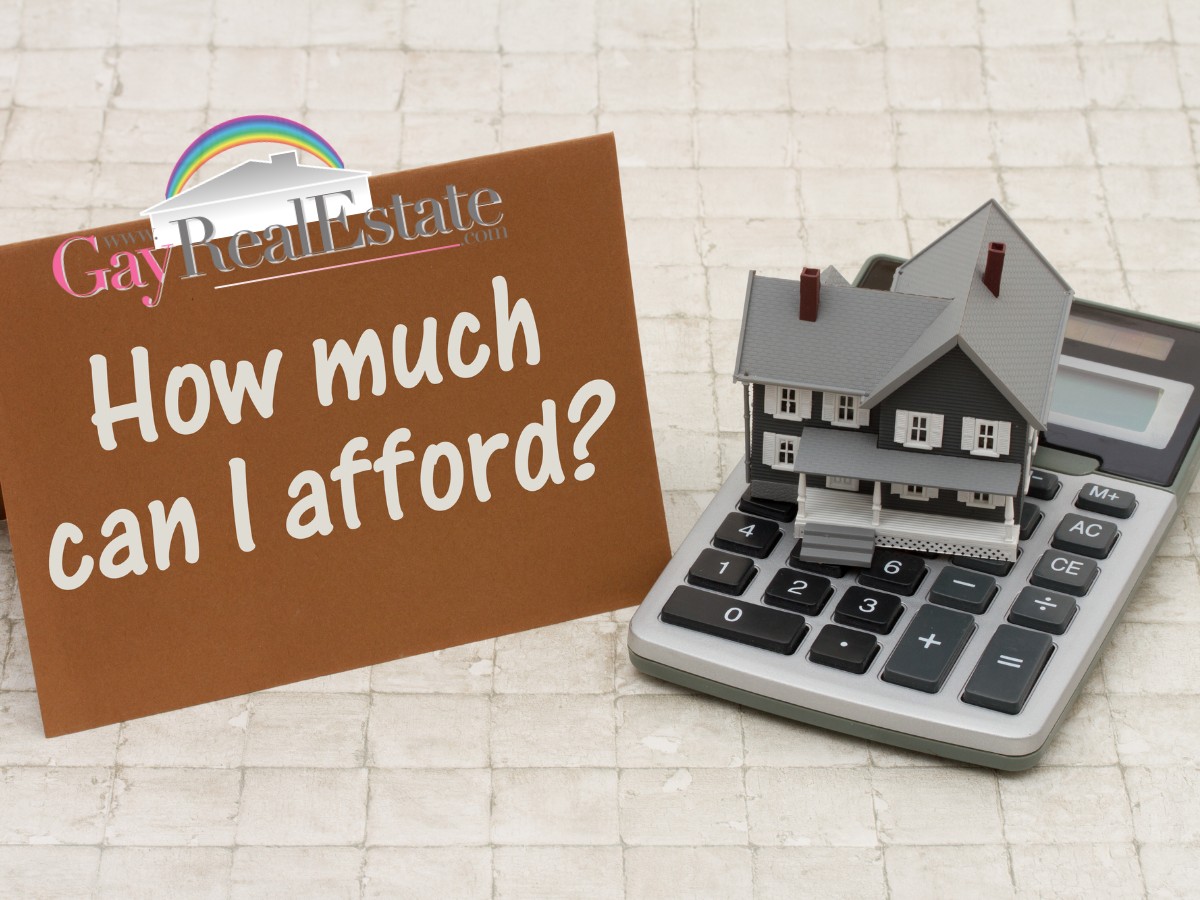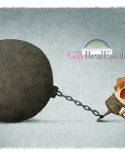Purchasing a home is one of the most significant investments you will ever make. It is an exciting and rewarding experience, but it can also be intimidating, especially if you are a first-time homebuyer. Securing a mortgage is one of the most important steps in the home buying process, and it can be overwhelming to navigate. However, understanding the ABCs of getting a home mortgage can help ease the stress and provide a foundation for success.
A is for Assessment The first step in securing a home mortgage is assessing your financial situation. This involves reviewing your income, expenses, and credit history to determine how much you can afford to borrow. Consider your debt-to-income ratio, which compares your monthly debt payments to your gross monthly income. Lenders typically look for a debt-to-income ratio of 43% or lower. You’ll also want to check your credit score, which will impact the interest rate you can receive.
B is for Budget Once you’ve assessed your finances, it’s time to create a budget. Consider not only the mortgage payment but also other related expenses, such as property taxes, homeowners insurance, and maintenance. You’ll also want to account for your down payment, which is typically 20% of the purchase price of the home. If you can’t afford a 20% down payment, you may be required to pay private mortgage insurance (PMI), which can add to your monthly payment.
C is for Comparison With your budget in mind, it’s time to shop around for a mortgage. Comparing lenders can help you find the best interest rate and terms for your situation. You can start by checking with your bank or credit union, but be sure to look at other lenders as well. You can also work with a mortgage broker from The Mortgage Clinic, who can help you compare options from multiple lenders. IT’s a great idea also to ask your GayRealEstate.com realtor for a referral to an LGBTQ+ Lender or check resources like GayMortgageLoans.com.
D is for Documentation When you apply for a mortgage, you’ll need to provide documentation to support your financial situation. This typically includes your pay stubs, tax returns, bank statements, and other financial records. Be prepared to provide a lot of documentation and to respond to requests from the lender in a timely manner.
E is for Equity Equity is the difference between the value of your home and the amount you owe on your mortgage. Building equity is important, as it can help you access financing in the future and can increase your overall net worth. You can build equity by making regular payments on your mortgage, making extra payments, or by increasing the value of your home through improvements.
F is for Fixed Rate A fixed-rate mortgage means that your interest rate will remain the same throughout the life of the loan. This can be beneficial for those who want predictable monthly payments and don’t want to worry about fluctuating interest rates. However, fixed-rate mortgages may come with a higher interest rate than adjustable-rate mortgages.
G is for Government Programs There are several government programs available to help make home ownership more accessible. These include programs like the Federal Housing Administration (FHA) and the Veterans Administration (VA) that offer lower down payments and more lenient credit requirements. Be sure to research the programs available to you and see if you qualify.
H is for Home Inspection Before closing on a home, it’s important to have it inspected. This will help identify any potential issues with the home that could impact its value or safety. The inspection should cover the roof, foundation, plumbing, determine if a new Septic Tank System Installation is needed based on the current one’s condition, and other systems in the home. Your local contractors such as a plumber, electrician, roofer, etc. can work with you to fix the issues. If the inspection reveals plumbing problems, it is advisable to take a look at the site here for further evaluation and understanding. You may also consult an expert, like a residential plumbers, to know the cost of plumbing services such as septic tank pumping and drain pipe cleaning.
I is for Interest Interest is the cost of borrowing money and is a critical component of your mortgage. The interest rate you receive will impact your monthly payment and the total cost of your mortgage. Be sure to shop around for the best interest rate and understand how it will impact your overall financial situation.
In conclusion, obtaining a home mortgage can seem overwhelming, but with the right approach and understanding, it can be a manageable process. Remember to assess your financial situation, build a relationship with a Realtor at GayRealEstate.com and your lender, choose the right mortgage, budget for closing costs, and expect the unexpected. By following these ABCs of getting a home mortgage, you can make informed decisions and confidently navigate the home buying process. Finally, always work with a reputable lender and seek advice from trusted professionals to ensure that you make the best decision for your financial future. Happy house hunting!
Jeff Hammerberg is a distinguished entrepreneur and broker, and the visionary founder of GayRealEstate.com. For over 25 years, he has been a prolific writer, coach, and author who has been instrumental in advancing the cause of fair, honest, and equitable representation for all members of the LGBTQ+ community in real estate matters. GayRealEstate.com, which he established, is the largest and longest-running gay real estate agent referral service in the nation, boasting over 3500 LGBTQ+ realtors who operate in cities across the United States. His commitment to promoting inclusivity and accessibility in real estate has earned him a reputation as a passionate advocate for the LGBTQ+ community.



